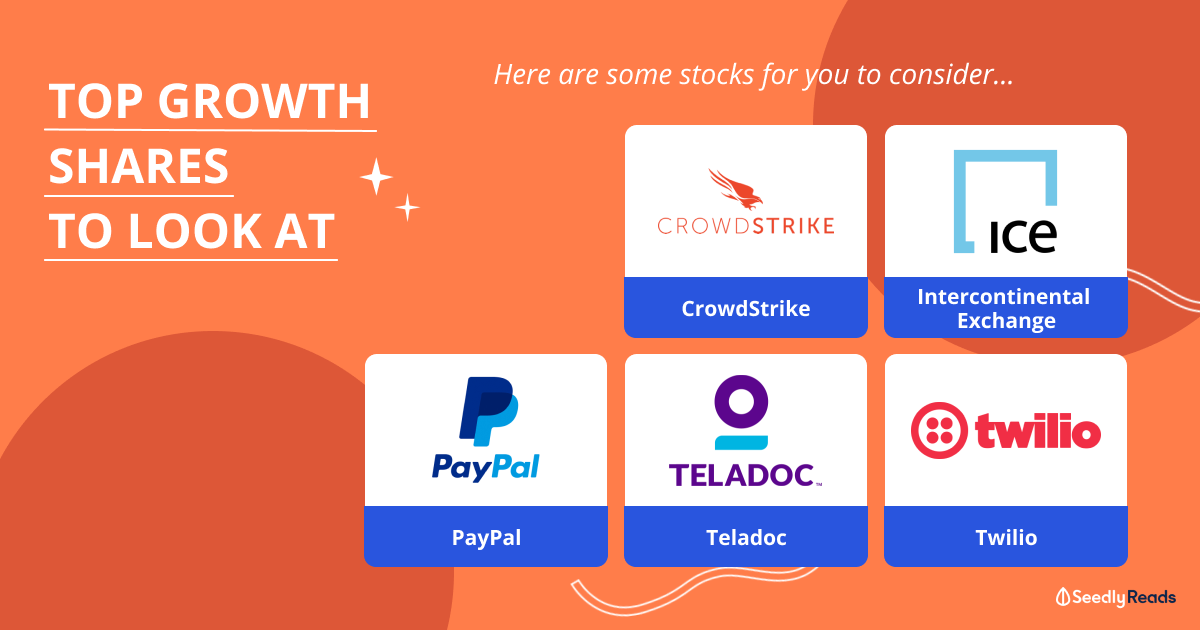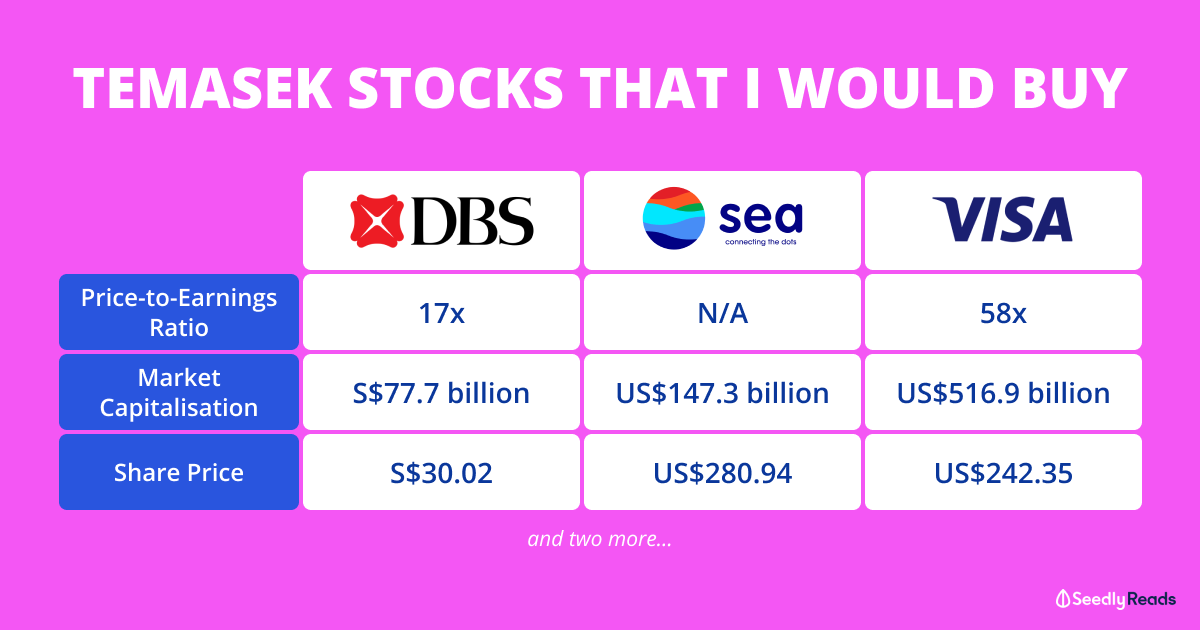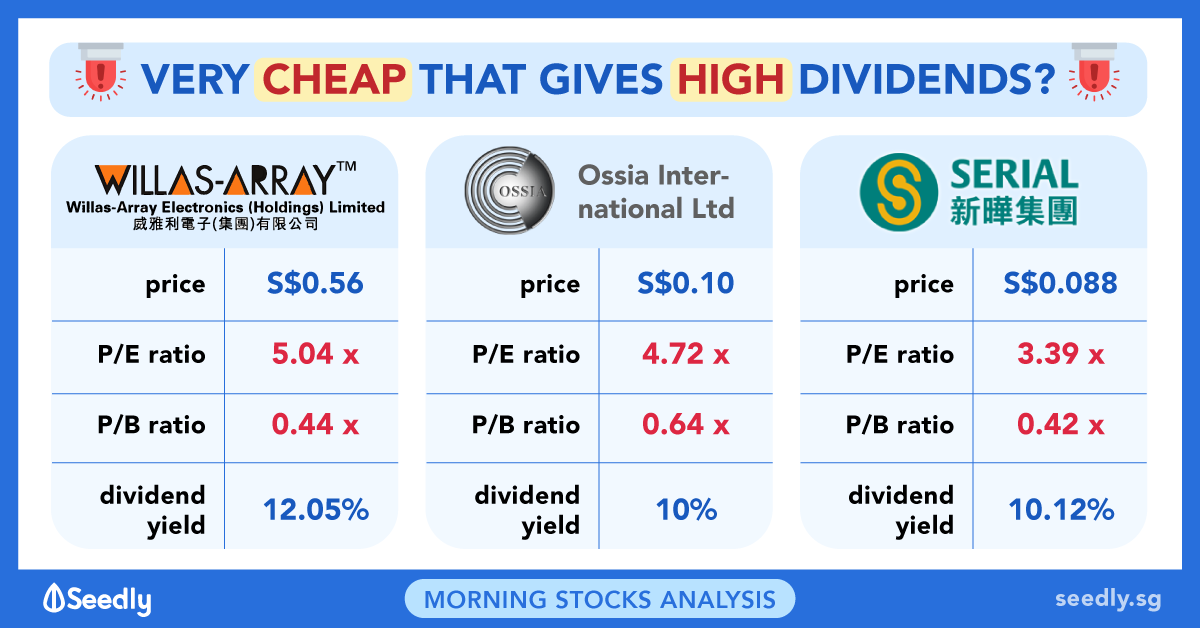Share buyback is just a fancy way of giving shareholder returns. Instead of giving all shareholders dividends, you are using the cash to buy the shares off the shareholders and will either use the shares for employee bonus or cancel those shares.
Assume company makes 1 million profit, and has 1000 shares. So earnings per share before buyback = 1 million / 1000 = 1000.
After buyback,
1) the company will still make only 1 million profit. There is no change in operating result.
2) revised eps = 1 million / 900 shares = 1,111 per share.
From an investor perspective, if you look beyond this fanciful thing, in most cases, the company will tell you the share buyback is done because company is priced too cheap by market. Eg if company BS current real value is 200 per share (total assets / no. of shares), and market is pricing the shares at 170, Mr B the ceo decides to do share buyback because he uses 170 of company's money to buy back a share worth 200. Mr B is signalling company BS is under value. doing the buyback gives market confidence and usually this will provide the lower bound price (as Mr B always buys at any price below 200 to give shareholder value), and the share price will generally go upwards of 200.
For normal investor, you won't be able to quickly gauge whether the share is fairly priced. Mr B could be right, or he could be wrong and just trying to assure shareholders not to sell down the shares (which may affect his bonus).
Some companies only spend a bit of cash to do buyback, and the share price recover quickly after that.
But for some companies that are of really rotten quality, they could try to do the share buyback, but when too many people are selling, the company will run out of cash and can't further stop the share price drop. And the company will probably be worse off after this. Prior to Covid, many airlines did share buyback, and went to extremes to borrow money from bank to do buyback to prop up share price. Which is no different from a person buying an expensive car with money borrowed from bank to look good outside but rotten inside.
When should a company do share buyback (for the right reasons apart from trying to make the company look good and fake the price)
A) when dividends to shareholder are taxed at a high rate, while buybacks are a return of capital and not taxed to shareholder
B) company has plenty of cash, and is running out of good projects to invest in for better returns. Instead of keeping cash in company earning low interest rate, better to return shareholder via buyback so they can decide how to use more for better investments
C) there is panic scare in market, investors are dumping the shares at ridiculously low price. Company has good amount of cash for its operations, and offer buyback to buy shares off investors who are selling them for less than their worth (like example given above)








Share buyback is just a fancy way of giving shareholder returns. Instead of giving all shareholders dividends, you are using the cash to buy the shares off the shareholders and will either use the shares for employee bonus or cancel those shares.
Assume company makes 1 million profit, and has 1000 shares. So earnings per share before buyback = 1 million / 1000 = 1000.
After buyback,
1) the company will still make only 1 million profit. There is no change in operating result.
2) revised eps = 1 million / 900 shares = 1,111 per share.
From an investor perspective, if you look beyond this fanciful thing, in most cases, the company will tell you the share buyback is done because company is priced too cheap by market. Eg if company BS current real value is 200 per share (total assets / no. of shares), and market is pricing the shares at 170, Mr B the ceo decides to do share buyback because he uses 170 of company's money to buy back a share worth 200. Mr B is signalling company BS is under value. doing the buyback gives market confidence and usually this will provide the lower bound price (as Mr B always buys at any price below 200 to give shareholder value), and the share price will generally go upwards of 200.
For normal investor, you won't be able to quickly gauge whether the share is fairly priced. Mr B could be right, or he could be wrong and just trying to assure shareholders not to sell down the shares (which may affect his bonus).
Some companies only spend a bit of cash to do buyback, and the share price recover quickly after that.
But for some companies that are of really rotten quality, they could try to do the share buyback, but when too many people are selling, the company will run out of cash and can't further stop the share price drop. And the company will probably be worse off after this. Prior to Covid, many airlines did share buyback, and went to extremes to borrow money from bank to do buyback to prop up share price. Which is no different from a person buying an expensive car with money borrowed from bank to look good outside but rotten inside.
When should a company do share buyback (for the right reasons apart from trying to make the company look good and fake the price)
A) when dividends to shareholder are taxed at a high rate, while buybacks are a return of capital and not taxed to shareholder
B) company has plenty of cash, and is running out of good projects to invest in for better returns. Instead of keeping cash in company earning low interest rate, better to return shareholder via buyback so they can decide how to use more for better investments
C) there is panic scare in market, investors are dumping the shares at ridiculously low price. Company has good amount of cash for its operations, and offer buyback to buy shares off investors who are selling them for less than their worth (like example given above)